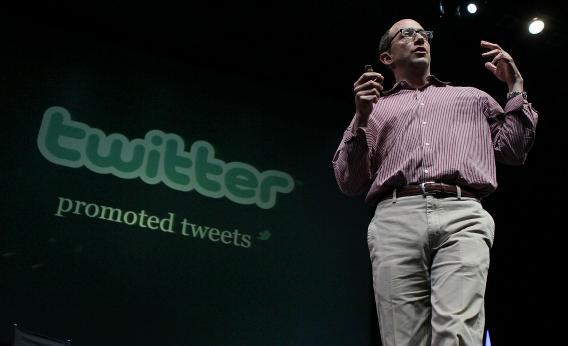Nothing says “We’re ready to compete with Mark Zuckerberg” like smushing legions of seemingly friendly collaborators beneath your feet to prevent them from becoming competitors.
That’s essentially what Twitter did on Thursday with a blog post announcing a new set of rules for how developers can use its API, or application programming interface. The new rules won’t take effect until next year, and their full effects aren’t yet clear. What is clear is that Twitter will no longer tolerate any program or app that could siphon off traffic or ad dollars by offering users a different way to view or interact with tweets.
Among the changes: requiring all developers that use Twitter’s API to authenticate their identities, limiting the rate at which they can pull information from Twitter’s servers, cracking down on clients that don’t treat retweets and replies the same way Twitter itself does, and capping the number of users that any third-party Twitter-based app can have. In short, it will be impossible to build or run an app that relies on Twitter in any significant way without approval from Twitter itself.
Depending on how the changes are implemented, they could ultimately spell death for clients such as Tweetbot and Echofon. In a blog post that attempts to interpret the significance of Twitter’s new rules, Instapaper creator Marco Arment worries that they could also affect a wide range of other apps that interact with Twitter’s API, including his own.
The changes have sparked outrage across the Web, not least on Twitter itself, where it had erstwhile Twitter fans discussing what they might use instead if they decided to give up on the service. One of the few commentators to stick up for Twitter was blogger Anil Dash, who compares the new rules to Apple’s famously restrictive (and, on the whole, wildly successful) review process for its App Store.
Indeed, the changes make perfect business sense, given that Twitter has committed to an advertising-based revenue model. As I explained earlier this week, they’re also exactly the type of thing that spurred developer Dalton Caldwell to launch App.net, a Twitter alternative that welcomes third-party developers and charges users for the service rather than serving them ads.
Twitter is banking on the fact that the majority of its users don’t use third-party apps anyway and don’t particularly care what happens to them. The risk is that it will erode its popularity by alienating those who use the service the most.
